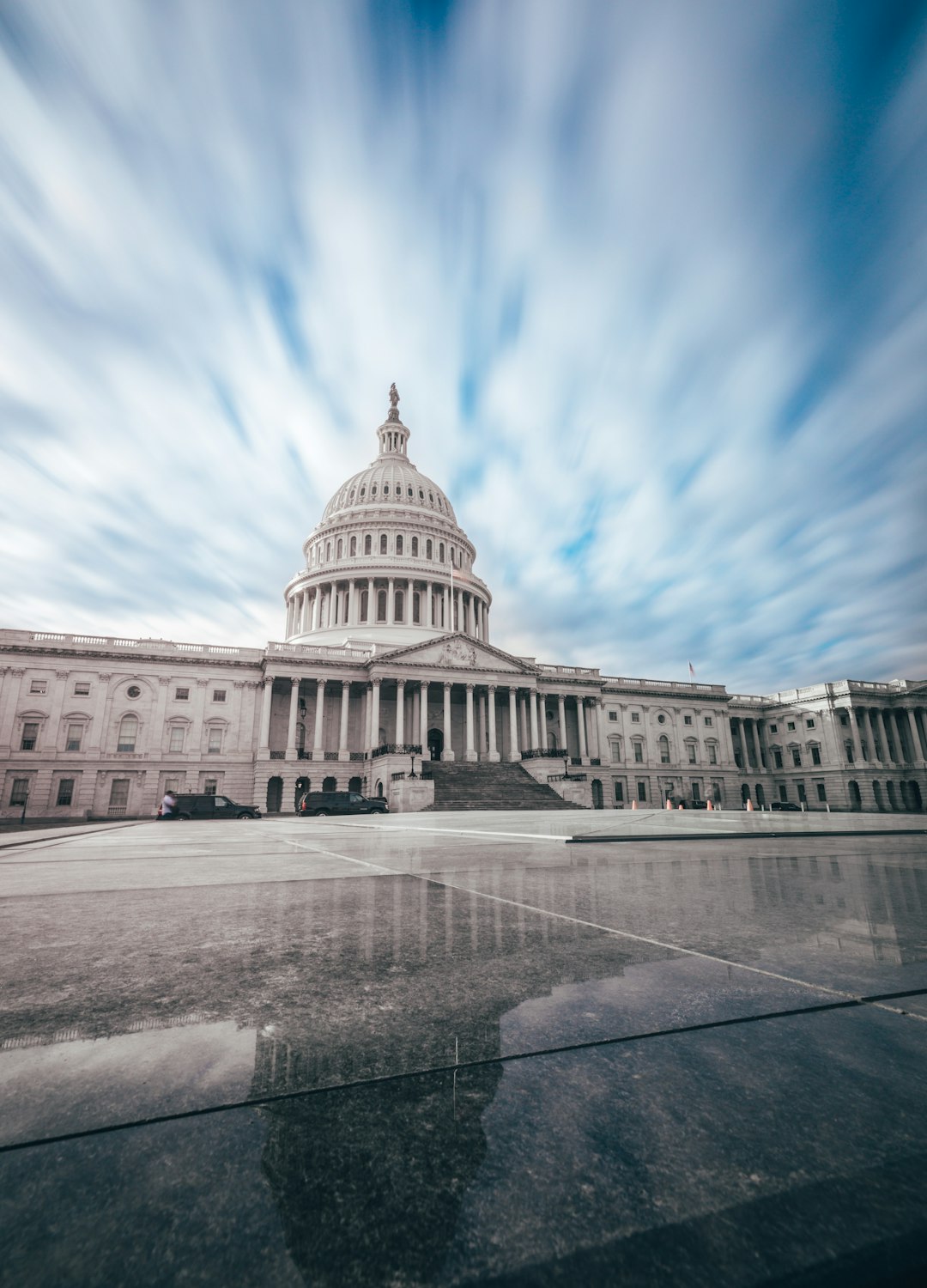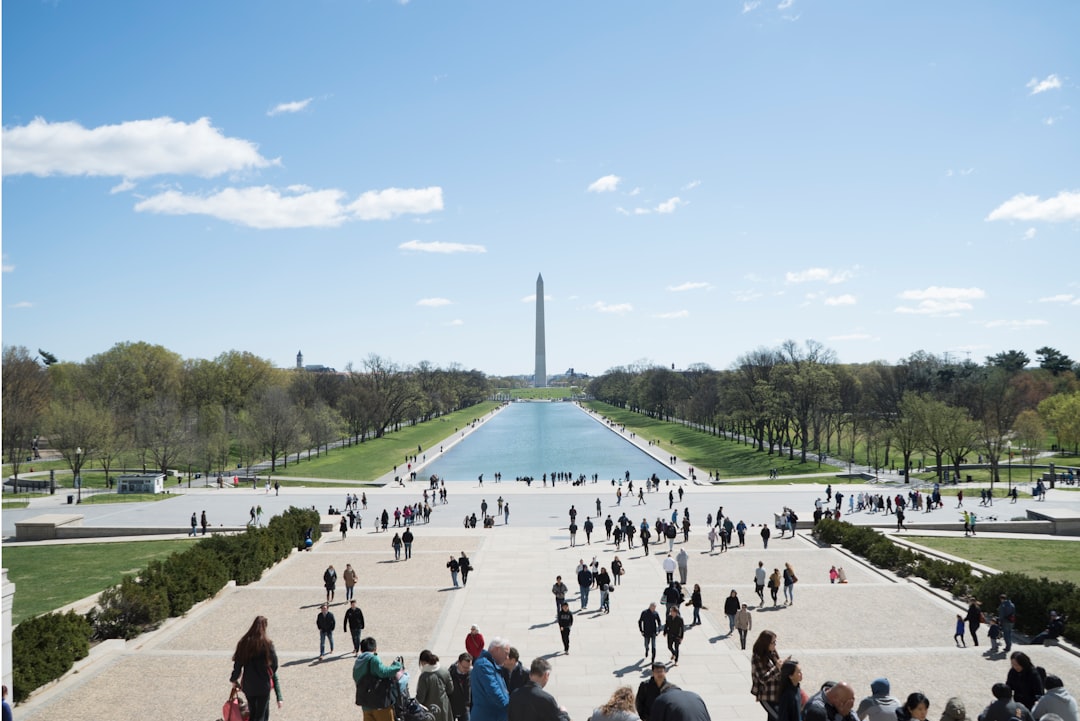Washington's Do Not Call Laws protect residents from excessive telemarketing, especially robocalls, by allowing them to register their numbers for marketing opt-outs. Voice providers have a double responsibility: facilitating legal communication while preventing illegal robocalls. They must implement anti-spam tech, verify identities, monitor calls, and collaborate with regulators to maintain network security and protect consumers, or face fines, legal troubles, and damaged reputations.
In Washington, Do Not Call laws are designed to protect residents from unwanted telemarketing calls. However, voice providers play a critical role in facilitating illegal robocalls, often inadvertently enabling spammers and fraudsters. This article delves into the responsibilities of voice providers, highlighting their liabilities for aiding in violations of Do Not Call Laws in Washington. By examining enforcement actions and industry best practices, we aim to shed light on how these service providers can better safeguard consumer privacy and prevent malicious calls.
Understanding Do Not Call Laws in Washington

In the state of Washington, Do Not Call laws are in place to protect residents from unwanted and illegal telemarketing calls, including robocalls. These laws grant consumers the right to opt-out of receiving marketing calls by registering their phone numbers on the state’s official Do Not Call list. The list ensures that telemarketers respect consumer choices and prevents them from calling registered numbers for promotional purposes.
Washington’s Do Not Call Laws are stringent, making it a priority to maintain a peaceful and non-intrusive telephone environment. Consumers can expect to receive fewer unwanted calls, knowing that voice providers and telemarketers face liability for facilitating such activities. This legislation empowers residents to take control of their communication preferences, enhancing privacy and peace of mind in an era where robocalls have become a prevalent nuisance.
The Role of Voice Providers in Robocall Facilitation

Voice providers play a significant role in facilitating robocalls, often inadvertently contributing to the problem of illegal calls under Washington’s Do Not Call laws. These companies provide the infrastructure and technology that enable automated phone systems to make mass calls to consumers. While they are essential for businesses to reach their target markets, voice providers must also ensure their services aren’t misused by scammers and illegal call centers.
In Washington state, Do Not Call Laws protect residents from unwanted telemarketing calls. Voice providers have a responsibility to implement measures that prevent their networks from being used for illegal robocalls. This includes adopting robust anti-spam technologies, verifying the identity of clients, and monitoring call patterns to detect and block suspicious activities. By collaborating with regulatory bodies and consumers, voice providers can help curb the issue of illegal robocalls and ensure a more secure communication environment.
Liabilities and Enforcement Actions Against Voice Providers

Voice providers play a pivotal role in facilitating communication, but their involvement in illegal robocalls can have severe consequences. In Washington state, Do Not Call laws are stringent, and voice service providers are held accountable for any violations. These laws protect residents from unwanted telemarketing calls, ensuring consumers’ privacy and peace of mind.
When a provider fails to prevent the transmission of illegal robocalls, they become liable under Washington’s regulations. Enforcement actions against such providers can include substantial fines, legal repercussions, and damage to their reputation. To mitigate these risks, voice service providers must implement robust systems to identify and block unauthorized calls, thereby ensuring compliance with Do Not Call laws and maintaining consumer trust.






